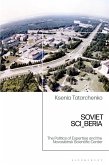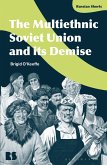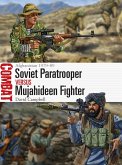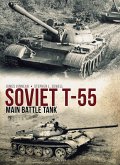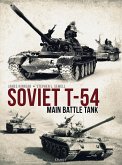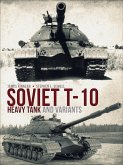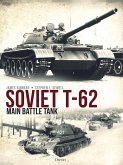At first glance, the Novosibirsk Scientific Center, or Akademgorodok, appears as an outlier in academic excellence. This 'science city' is renowned for a preeminent university, dozens of research institutes, and a thriving technopark. At home, it is an emblem of Russian innovation; abroad, it is often portrayed as a potential threat, a breeding ground of cyber soldiers. Though Siberia has been the main source of post-1991 Russian carbon revenues, its soviet history and cold war legacy of internationalism demonstrates that territorial and scientific dimensions interlocked the moment the Siberian Branch of the Soviet Academy of Sciences was created in 1957.
Drawing on a wide range of previously unexplored archives, Soviet SCI_BERIA focuses on how the post-Stalinist Siberia was redefined and represented through the ideal of rational development, the late socialist innovation practices, and the relationship between experts and the state. It offers a fresh insight into the transition from Soviet to post-Soviet Akademgorodok. In doing so, Tatarchenko not only fosters a conversation between history, area studies, and science studies but also sheds new light on Soviet modernity and the limits of its transformative projects.
Drawing on a wide range of previously unexplored archives, Soviet SCI_BERIA focuses on how the post-Stalinist Siberia was redefined and represented through the ideal of rational development, the late socialist innovation practices, and the relationship between experts and the state. It offers a fresh insight into the transition from Soviet to post-Soviet Akademgorodok. In doing so, Tatarchenko not only fosters a conversation between history, area studies, and science studies but also sheds new light on Soviet modernity and the limits of its transformative projects.



